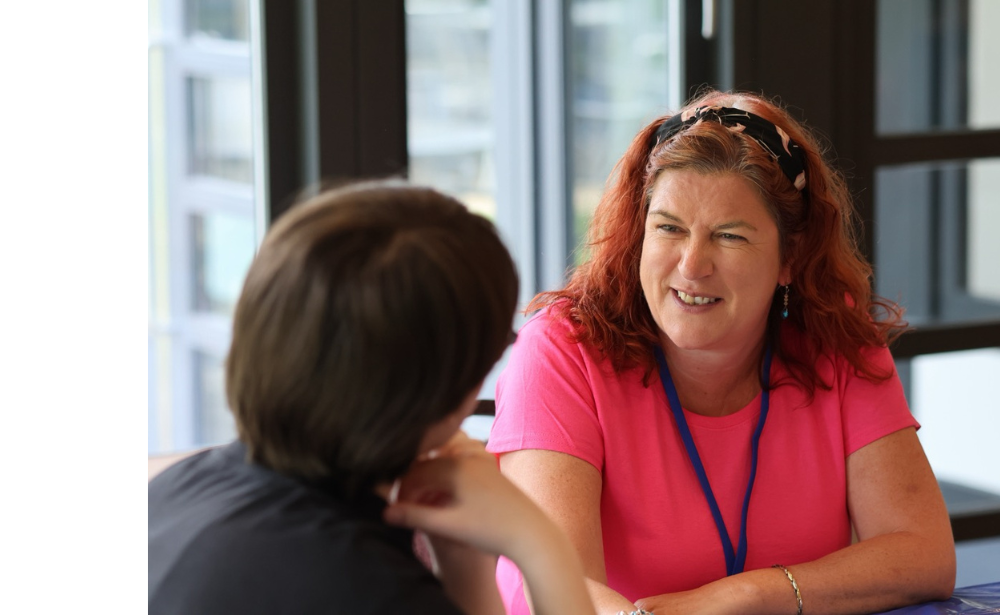These tips and techniques are based on research by sleep experts
1) Set and alarm to go to bed every night
Going to bed and waking at the same time helps people fall asleep faster and wake up feeling more refreshed. Some people, especially those who get easily distracted or tend to hyper-focus, might find it helpful to set an alarm to start their bedtime routine. Aim to keep a consistent sleep/wake routine, even on weekends. Staying up and sleeping in later than normal can shift your body’s natural clock in the same way that international travel does. This so-called social jet lag can make it extra difficult to fall asleep on Sunday evenings, making it difficult to get up for school, college, or work on Monday mornings.
2) Power down an hour before bed
Dim the lights and turn off all your electronic devices- smartphones, laptops, tablets, TVs, games consoles etc. at least 60 minutes before bedtime. Bright light is one of the biggest triggers to our brains that it’s time to be awake and alert, so start sending the opposite signal ahead of your bedtime. Ideally, all electronic devices belong outside the bedroom.
3) Write it down or draw it
Anyone who finds their mind racing in bed may not have taken enough time to process their day, particularly their worries about the day. Clearing your mind of this mental clutter can help your child, teenager, and you settle to sleep more quickly. Take some time in the early evening to talk to your child about their day, but make sure it is not too close to bedtime. A soft toy ‘worry eater’ or similar may be helpful. Teens and adults can find it helpful to make to-do lists or draw/write in ‘worry journals’ before they begin their bedtime routine.
4) Quieten down
Techniques or practices that slow your breathing and heart rate help your body and mind to settle to sleep. Simple deep breathing exercises are a good way to start. Breathing deeply stimulates the body’s naturally calming hormones and helps to quieten our minds. For smaller children, sitting down to do puzzles, drawing, or play-dough can help them calm before bed. Calming yoga postures, meditation, visualisation, and muscle relaxation exercises have also been shown to be helpful in preparing for sleep. There are a wide range of resources and classes available locally, to learn more about these techniques. Parenting Special Children practitioners can suggest resources that other families have found helpful.
5) Get some natural light in the morning
The body sets its own click by sunlight. Night owls and those who have difficulty settling to sleep at bedtime especially need morning light. Get some light exposures as soon as possible after you’re awake, even if it means cleaning your teeth on the doorstep! Ideally, you and your children would have time to play in the garden first thing. Or walking all/part of the way to school, college or work, especially in the winter months.
More information about all the above tips and strategies is provided in the Sleep Well booklet and the Sleep Courses, written by Parenting Special Children’s Specialist Sleep Practitioners.
Sign up for news and updates
Subscribe to our newsletter for regular updates.


